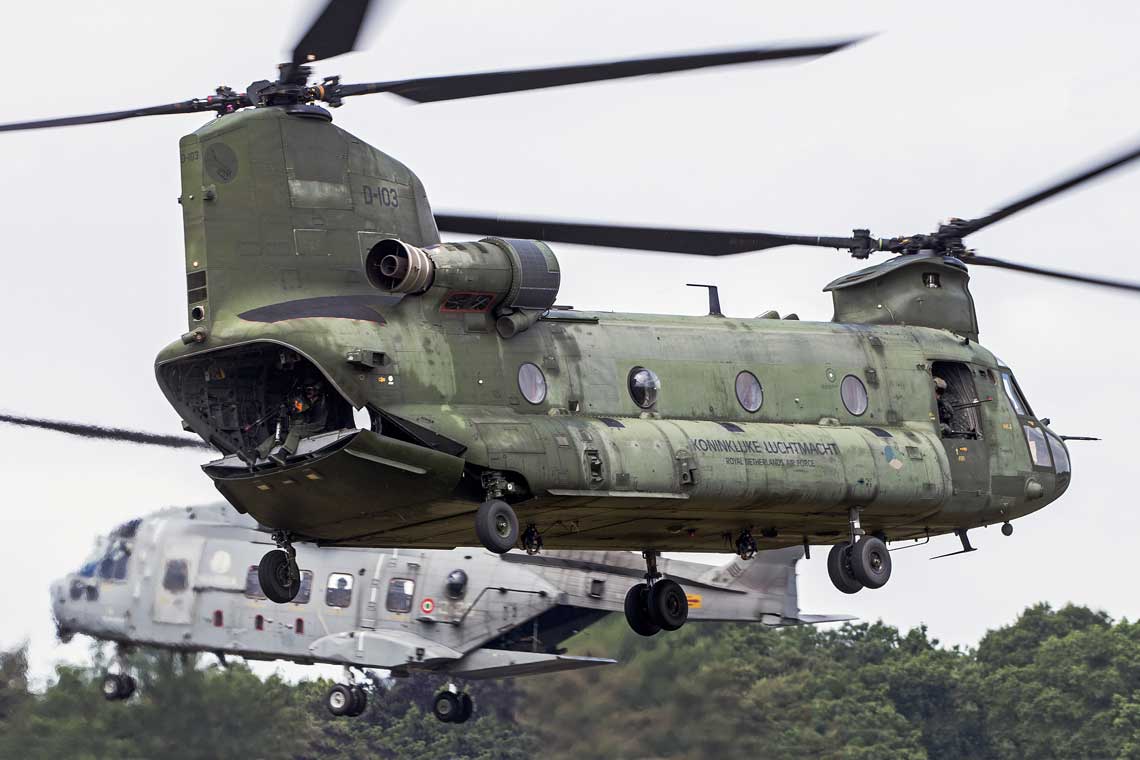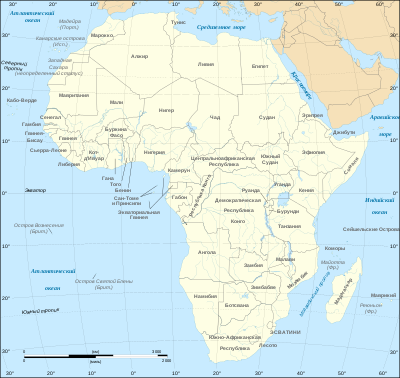
European Personnel Recovery Center
Content

An Italian EH-101 helicopter and a Dutch CH-47D Chinook leave the area, taking the evacuation team and the "victim". Photo by Mike Schoenmaker
The motto of the European Recruitment Center (EPRC): let live! We can say that this is the essence of the most important thing that can be said about the EPRC and its activities. However, it is worth knowing a little more about him.
For example, in the courses of operational recovery of personnel (APROC). This is an important project carried out by EPRC and the only one of its kind in Europe. The training covers military, flight and ground personnel of almost all countries included in the European Center for the Evacuation of Personnel from Hostile Territory. This spring it was held for the first time in the Netherlands. The course was conducted at the base of the Helicopter Command of the Royal Netherlands Air Force, based at the base of Gilse-Rijen.
The first stage of the operational course on the evacuation of air personnel includes theoretical training. The second phase of this course is a large-scale school combat search and rescue (CSAR) operation.
With the introduction of the Foreign Territory Personnel Evacuation Manual in 2011, the Air Force Joint Competence Center (JAPCC) wanted military leaders from various countries to understand and appreciate the importance of foreign territory evacuation so that they could transform action ideas. into the tactical skills of their subordinate structures. The JAPCC is an international group of experts dedicated to preparing solutions to various tactical tasks related to the use of air and space forces to protect the interests of the North Atlantic Treaty Organization (NATO) and its member states. In accordance with the official position of the NWPC, the last two decades have shown that the holding of personnel or hostages by a party to the conflict has serious political consequences and has a strong influence on public opinion, the issue of evacuating personnel from hostile territory is not only of humanitarian and moral importance, but also has of great importance for the success of all actions in armed conflict.
We know many cases when the situation associated with the retention of military personnel or hostages by one or another country caused many serious political complications and even made it necessary to change the way a military operation was conducted or even to stop it under pressure from the public. Lieutenant Colonel Bart Holewijn of the European Hostile Evacuation Center explains: One example of the impact on society of a hostile government's detention of its own personnel is the capture of Francis Gary Powers (a U-2 high-altitude pilot). reconnaissance aircraft shot down over the Soviet Union on May 1, 1960), as well as the situation after the fall of Srebrenica in Bosnia and Herzegovina in the XNUMXs, when a Dutch battalion of UN forces allowed Serbs to capture Bosnian personnel under UN protection. The latter case even led to the collapse of the Dutch government.
The interaction of events and public opinion today, in the age of information and the age of social networks, is much stronger than ever. Today, everything can be recorded and then shown on TV or on the Internet. Cases of the capture of personnel by the enemy are immediately noticed and widely commented on. Therefore, there were many initiatives related to the evacuation of personnel from hostile territory, both international and national in individual countries. The 2011 directory led to the creation of the European Center for the Evacuation of Personnel from Hostile Territories.
EPRC Center
The European Center for the Evacuation of Personnel from Enemy Territory was organized in Poggio Renatico, Italy on July 8, 2015. The aim of the center is to improve the evacuation of personnel from enemy territory. Officially, its mission is to increase the capacity and effectiveness of the four stages of evacuation of personnel from hostile territory (planning, preparing, executing and adapting to changing conditions) by developing an agreed concept, doctrine and standards that will be clearly communicated to partner countries. and international organizations involved in this process, as well as providing assistance in training and educational support, conducting exercises and, if necessary, events.
